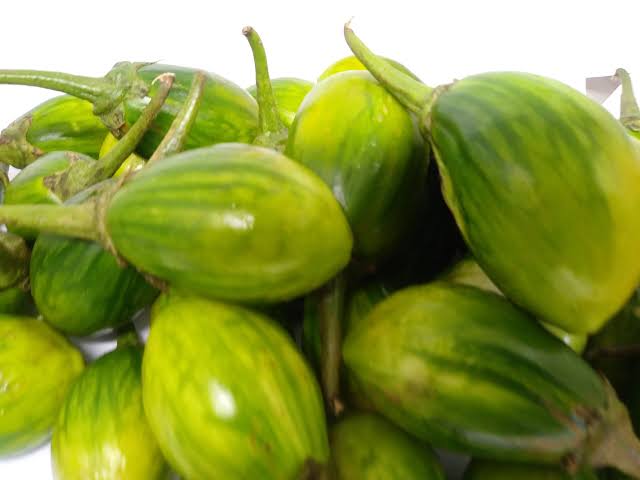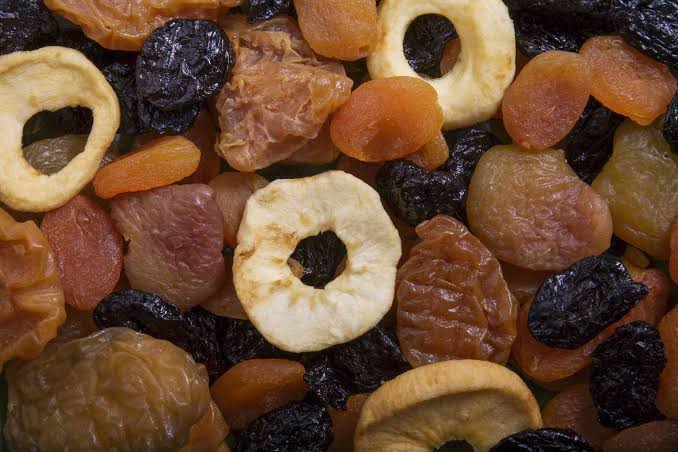The “japa” trend has led many Nigerians to seek better opportunities abroad. The United States, United the Kingdom, and Canada are among the most popular destinations.
While they’re working hard to build a new life, many Nigerians abroad still feel the pull of home and crave the familiar tastes and comfort of their local foods. What better way to ease this homesickness than by offering the familiar foods they know and love?
Nigerian foods are full of flavour, culture, and unique ingredients that make them loved by Nigerians far from home and by food lovers curious to try something different.
With a rising demand for these authentic Nigerian ingredients in the US, UK, and Canada, here are five Nigerian foods you can export.
Yam flour (Elubo or Amala)
Yam flour, made from dried and ground yams, is a key ingredient in Nigerian dishes, especially for making Amala — a delicious staple often enjoyed with Nigerian soups.
It’s lightweight, has a long shelf life, and is gluten-free. These make it attractive to health-conscious customers around the world.
To export this, make sure your yam flour is packaged and processed to meet international standards.
Indicate that it is gluten-free to appeal to both African and non-African buyers.
Palm oil
Palm oil is important in many West African recipes as it brings a unique and authentic flavour that’s hard to replicate.
In addition to cooking, it’s also widely used in cosmetics and health products. Sustainable and ethically sourced, Nigerian palm oil can be a hit in Western markets.
Make sure the palm oil is certified as sustainably sourced. This is increasingly important to customers in Western markets who care about environmental impact. Also, ensure compliance with FDA and EU standards....Read Full Article [Click Here>]
Ground egusi (Melon Seeds)
Egusi, ground melon seeds used to make a thick, flavourful soup, is high in protein and packed with a nutty flavor that’s perfect for African dishes. It’s a must-have for Nigerian soup recipes and is gaining popularity beyond African food markets.
Package egusi in small, easy-to-store quantities to keep it fresh and convenient for buyers.
Dried Hibiscus Flowers (Zobo Leaves)
Zobo leaves (dried hibiscus flowers) are popular for making the refreshing, antioxidant-rich Nigerian drink known as zobo. Hibiscus tea, already popular in many parts of the world, have a promising market abroad
To export this, point out the health benefits of zobo and consider labelling it as organic, as this can boost appeal in the health-focused market. Proper labelling and attractive packaging will help it stand out on the shelves.
Dried pepper (Ata Rodo)
Dried Nigerian pepper varieties like ata rodo (Scotch bonnet) add the bold, spicy kick that Nigerian cuisine is known for. Known for their intense heat, these peppers have grown in popularity worldwide and are a staple in African grocery stores.
Package dried peppers in airtight containers to keep them fresh. It’s also a good idea to include spice level indicators on the packaging, so customers know just how spicy the peppers are.
With demand for Nigerian foods on the rise, here are a few more export tips to help you break into the US, UK, and Canadian markets:
– Research the regulations in each country, such as FDA requirements in the US or CFIA standards in Canada, to make sure your products meet legal requirements.
– Many consumers are drawn to traditional, authentic foods with health benefits. Point out the rich history and health value of Nigerian ingredients to stand out.
– As more consumers prioritise sustainability, ethically sourcing your ingredients can attract eco-conscious buyers.





